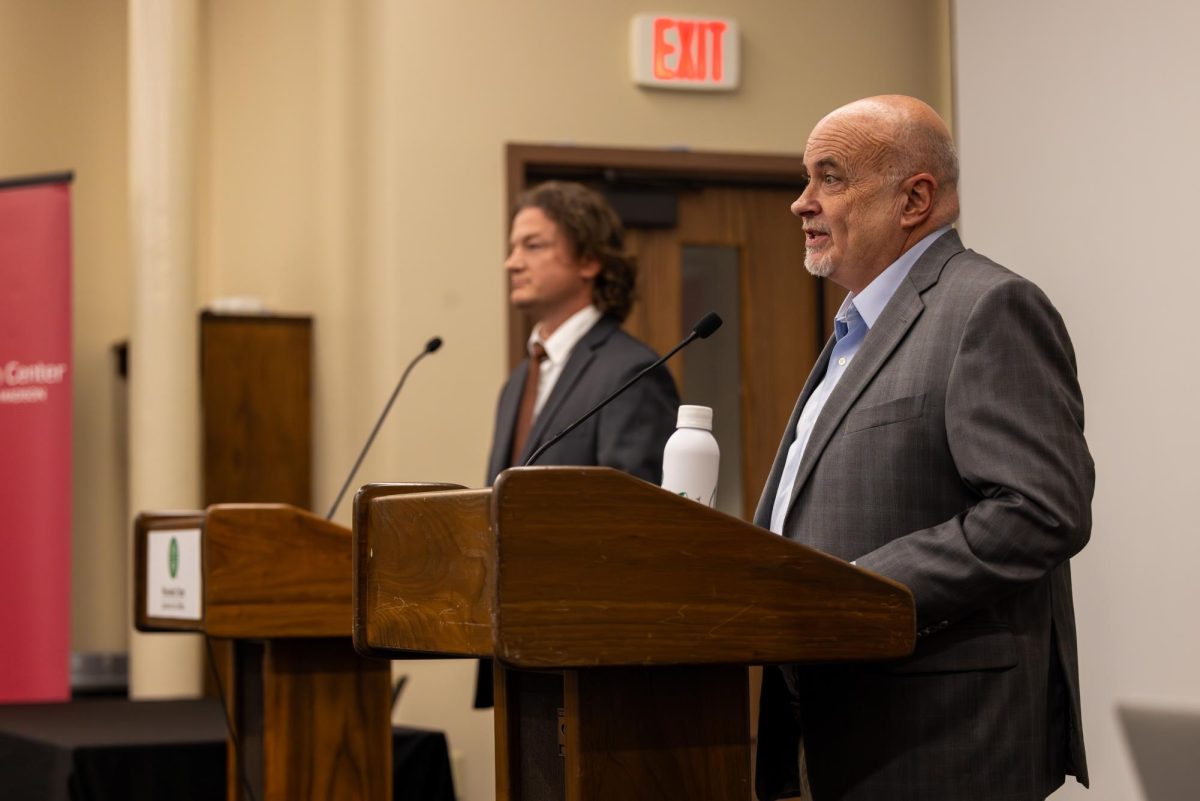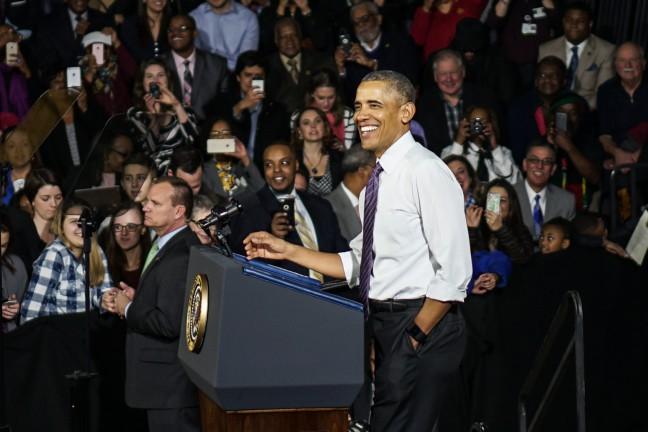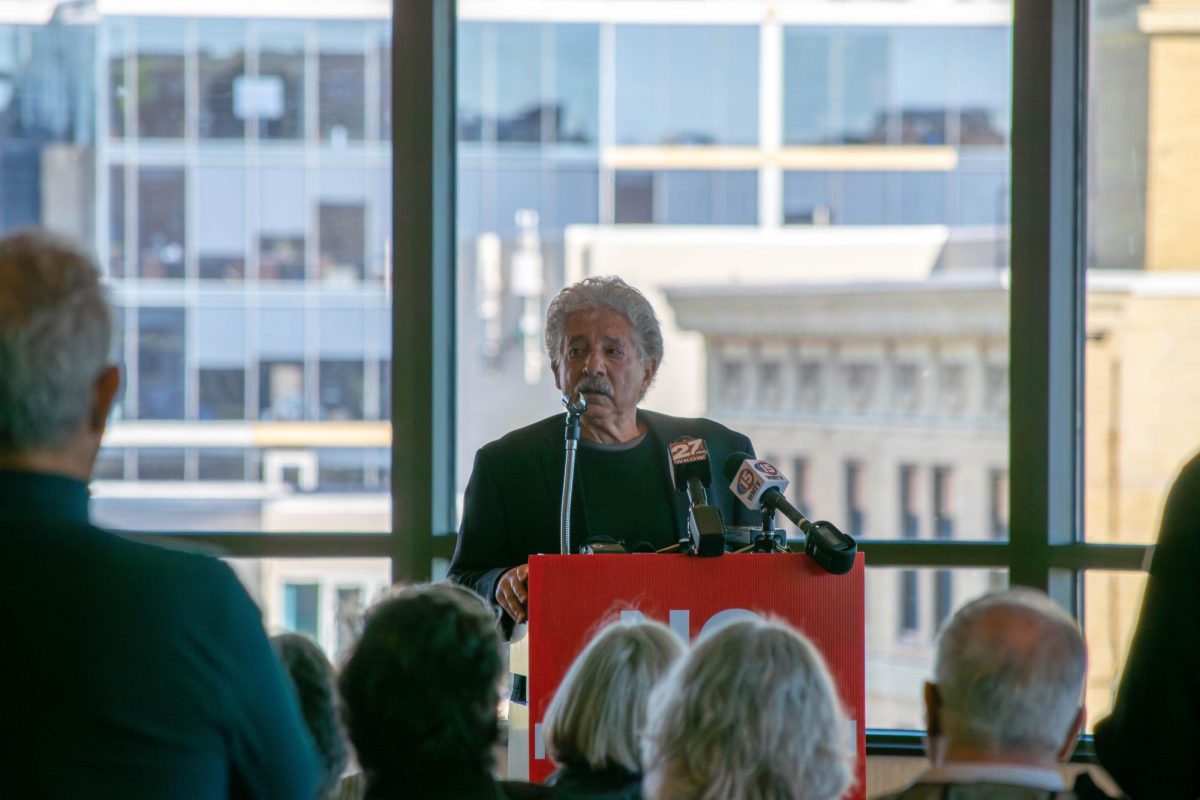The recent release of Madison crime statistics has raised some concern regarding a 35 percent increase in reported rapes. This category of sexual assault is specific to female victims and involves forced penetration.
More than 100 sexual assaults were reported to police in 2002 but did not qualify as forcible rape. In addition, only 15 to 20 percent of victims report the crime to the police, which implies that the number of sexual assaults is likely to be four to seven times higher than police records report. According to Lori Henn, the relationship violence prevention coordinator at University Health Services, “this statistic is not a very representative sample of reality.”
UW Police Officer Larry Kamholz said, “[The rape increase is not that much of an increase. It’s just that last year was an incredibly low number.” Eighty-five to 88 rapes has been the yearly average, according to Kamholz. This is a significantly higher number than last year’s report of 65 incidents.
Kamholz and Henn speculated that the increased numbers were due to an increase in reports, not forcible rapes. Henn acknowledged Madison as “a welcoming environment which makes a tremendous effort to encourage students to report these crimes.”
The Rape Crisis Center has created awareness of sexual assault crimes and has made their services available to students, including a Crisis Hotline, as well as individual and group counseling. The center fields approximately 1500 calls pertaining to sexual assault each year. Kelly Anderson, executive director of the center, encourages students to take “the first step to get help and explore options” in a completely confidential manner. The Crisis Hotline number is (608) 251-7273.
Anderson also endorses Meriter Hospital’s Sexual Assault Nurse Examiner (SANE), which works with sexual assault victims.
The SANE program is unique to Madison. In most other communities, SANE is only offered to those victims who have filed a report with the police department. SANE collects evidence vital to sexual assault crimes that can deteriorate shortly following the assault. An anonymous case number is created so that the evidence is available if the victim does decide to file a report with the police. For many victims, sexual assault is not an immediate result of an attack because so many victims know their assailants. The SANE program can be contacted at (608) 267-6206.
According to a survey conducted by UHS in the spring of 2002, 96 percent of sexual assaults occurred in a residence, as opposed to an outside or public place. Henn interprets this as a victim’s level of trust in the environment, and even in her attacker. Police reports indicate that 81 percent of victims know who their attacker is.
The UHS survey also recorded 58 percent of the victims were freshmen and that nearly 80 percent of the incidences involved alcohol consumption. Officer Kamholz said that “alcohol is a predominant factor in these assaults.”
Henn discussed risk reduction, saying that preventative strategies are lacking. “I don’t want people to think if we get rid of alcohol, we get rid of sexual assaults, because hanging in a residence with an acquaintance and drinking alcohol is seemingly every day for some.”
Drug and alcohol use contributes to loss of the ability to perceive danger and this, said Henn, is why it is important to respond to subtle cues before it’s too late.
Henn also said that she did not want “to breed mistrust, especially in environments that feel very natural, but sexual predators are not usually some crazed person; that’s the insidious thing about these crimes.”







